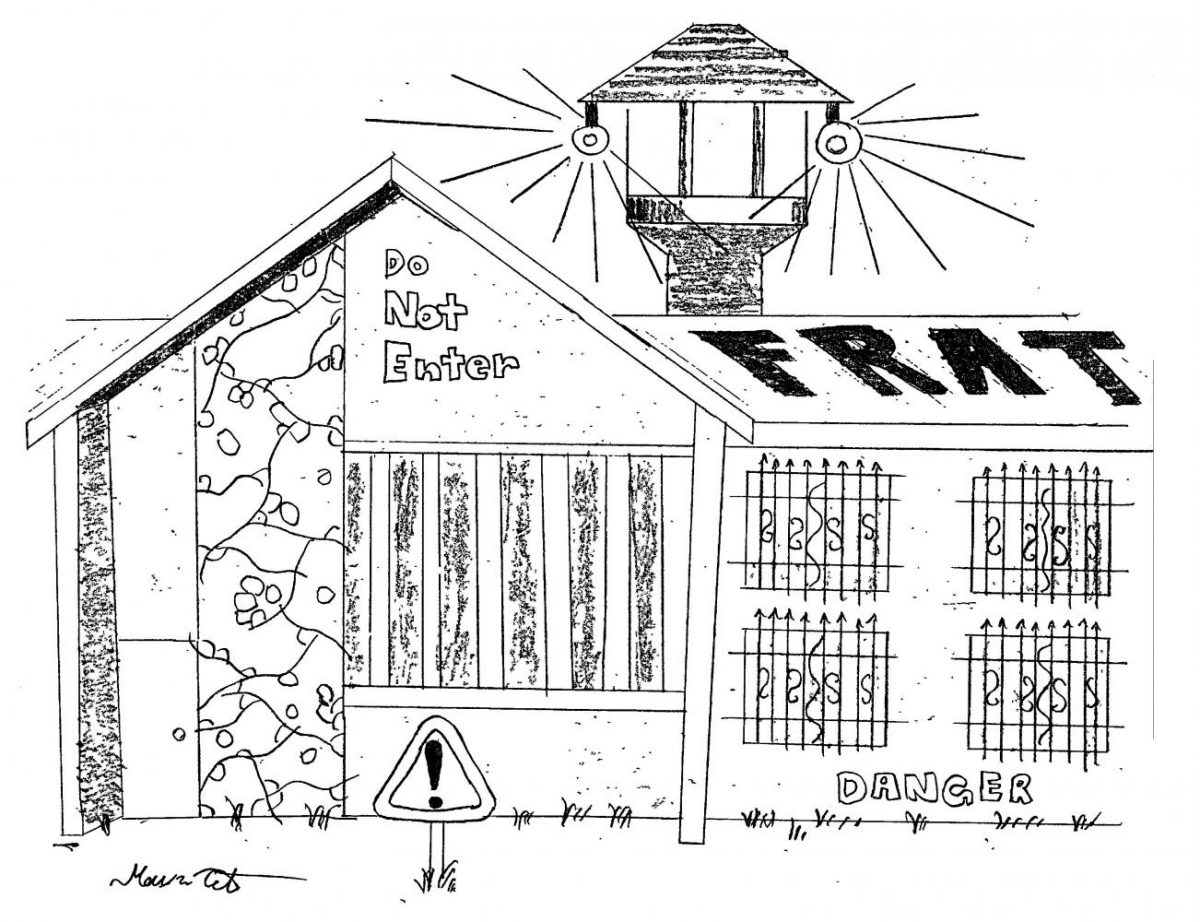Thou shalt not enter the party
September 26, 2017
Students need ways to join social networks in college, and open parties seemed to be an easy solution for fulfilling the need for some at least.
Open parties were like a college student’s rite of passage.
They allowed students to experience an environment where fraternity brothers and nonmembers partied and drank alcohol.
Now, with closed parties, only a select few may get the opportunity to partake in such a rite of passage for young adults.
With a select number of students being permitted into a fraternity’s closed party, who is to say that this new effort to make fraternities more exclusive will not be counterproductive?
Sure, interest in the fraternity may increase.
Students may no longer tolerate being hazed to become a fraternity member, but might endure hazing to be one of the few whose name makes the fraternity’s closed party guest list.
If a fraternity’s national rules prevent fraternity brothers from sponsoring an open party where alcohol is present, then why did it take a hazing incident at Penn State for Pitt-Johnstown fraternity brothers to wake up and start following their own rule?
Although it is still illegal, it is unrealistic that college students are not going to be exposed to alcohol by this point in their lives.
Students are now old enough to be virtuous or make the choice to consume alcoholic beverages responsibly at their own discretion.
Withholding the forbidden fruit from about half of juniors and all seniors who are legally able to drink alcohol is erroneous and will only make them want it more.
Fraternity brothers can hold common values and leadership while being social with non-members, like they have done for many years prior to the open party’s demise.
If you forbid open parties allowing outsiders into the fraternity for fear that they are morally corrupt when surrounded by alcohol, then is that fraternity really serving Pitt-Johnstown for the right purpose?

